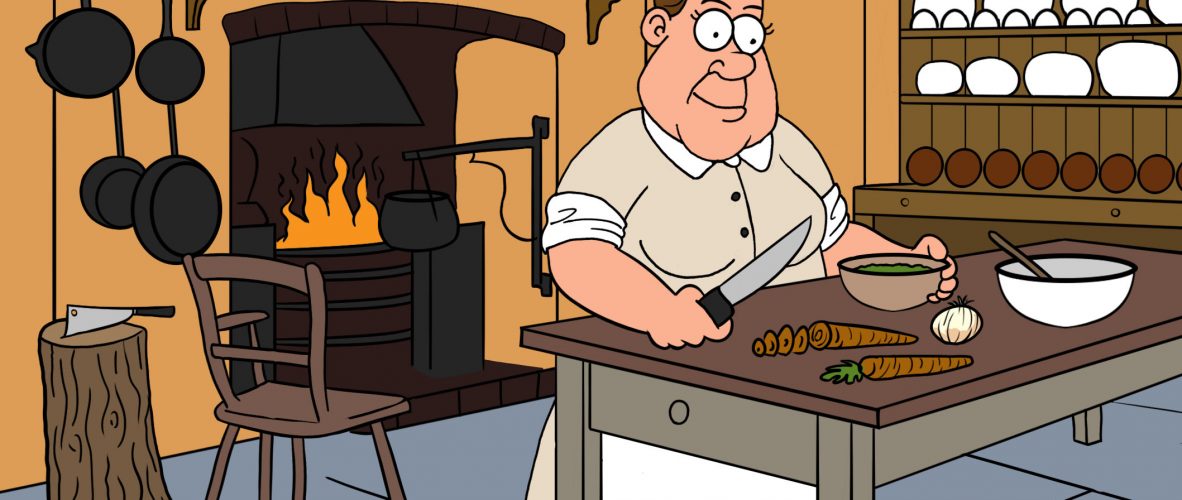The name given to the tight trousers worn by some Regency gentlemen, such as the notorious Beau Brummell and his ‘dandy’ followers, as they showed off their leg muscles.
Salads, the Victorian way
Of Salads: Salad herbs are cooling and refreshing. They correct the putrescent tendency of animal food, and are anti-scorbutic. Salads are at any rate a harmless luxury where they agree with the stomach; and though they afford little nourishment of themselves, they make a pleasant addition to other aliments, and a grateful appearance on the dinner-table. Lettuce, of the different sorts, or salad as it is often called, is the principal ingredient in those vegetable messes. it should be carefully blanched and eat young; when old, its juices become acrimonious and hurtful. Lettuce possesses soporific qualities, and is recommended as a supper-article to bad sleepers. Radishes, when young, are juicy and cooling, but a very few days change their nature, and they become woody and acrid; when not very young, they ought to be scraped. Cress and mustard are cordial and grateful, and agreeable pungency; and celery, when young and properly blanched, by its peculiar nutty flavour, contributes much what EVYLYN calls “harmony in the composure of a sallat.” A variety of other herbs mingle in full well-selected salads, such as sorrel, young onions, cucumbers, tomatas, endive, radish leaflets, &c. Many wild herbs were formerly employed, and are still used on the continent and in America, as saladings. As this is quite a delicate, jaunty branch of the culinary art, we would recommend that young ladies residing in the country should gather their own salad herbs, and dress salads for their families, which will give a better chance of a duty being well done, which, in the hurry of the stew-pan, the spit, and the stove, the poor distracted cook must often perform with haste and slovenliness. Never make a salad till near the dinner-hour, as it will flatten and lose its light appearance by standing. foreigners call many things salads we would merely reckon cold, little, dressed dishes. As this may produce a confusion of ideas in the young housekeeper we notice it here. Our ancestors had the same notion of what sallets were that the French still retain.
An English Salad and Salad-Sauce: Let the herbs be fresh gathered, nicely trimmed and picked, and repeatedly wash in salt and water. Drain and cut them. Just before dinner is served, rub the yolks of two hard-boiled eggs very smooth on a soup-plate, with a little very rich cream. When well mixed, add a tea-spoonful of made mustard and a little salt, a spoonful of olive oil, one oiled butter, or two of sour cream may be substituted, and when this is mixed smooth, put in as much vinegar as will give the proper degree of acidity to the sauce,- about two large spoonfuls; add a little pound lump-sugar if the flavour is liked. Put this sauce in the dish, and lay the cut herbs lightly over it; or mix them well with it, and garnish with beet-root sliced and marked, rings of the white of the eggs, young radishes, &c. Onions may be served seperatly on a small dish. Some knowing persons like grated Parmasan put to their salad and sauce.
Remoulade: Pound the hard-boiled yolks of two eggs in a mortar, with a little sour cream, or the raw yolk of an egg, a spoonful of made mustard, pepper, salt, cayenne, one spoonful of vinegar and two oil. Rub this salad-sauce through a sieve, and it is ready to serve.
All the above by Margaret Dods
